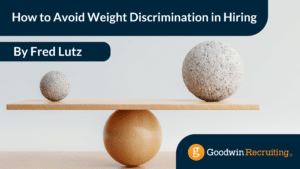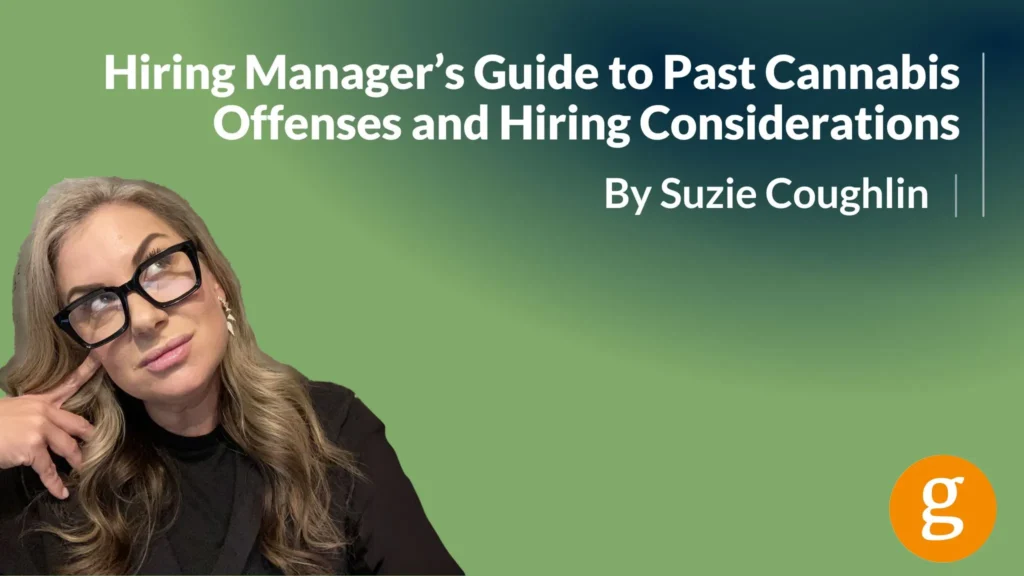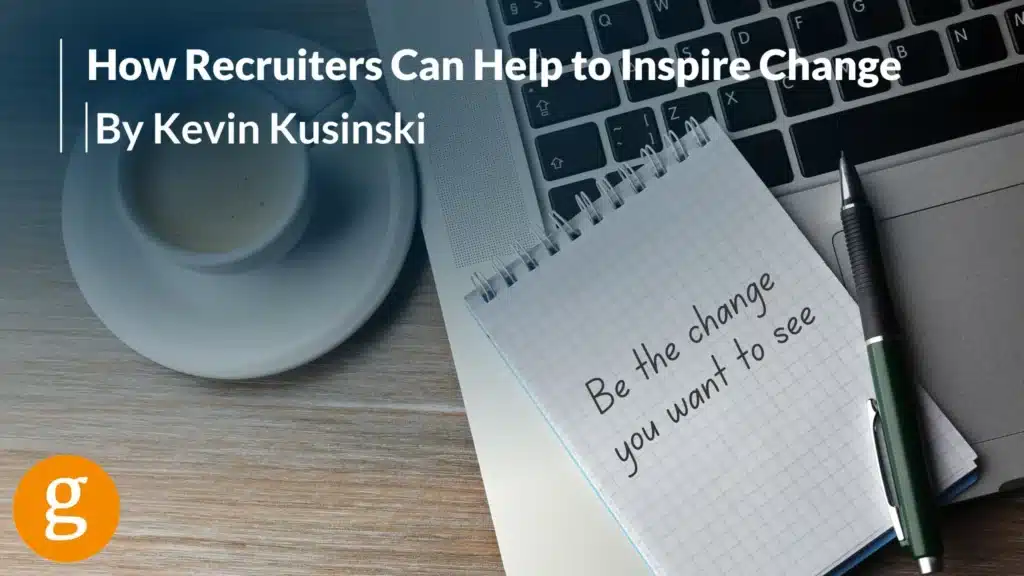How to Avoid Weight Discrimination in Hiring
Fred Lutz | Diversity & Inclusion, Hiring Advice | June 20, 2023

In 2019, after spending decades working in the hospitality industry, I started my recruiting career with Goodwin Recruiting. Being so involved in the talent recruiting and hiring process for more than five years now has opened my eyes to a lot of unconscious bias – from age to gender and sexual orientation, as well as what we’re touching on in this blog – weight discrimination – an equally destructive form of discrimination.
Weight discrimination is a prejudice faced by overweight job seekers and can often present itself during the job search and interview process. It’s a prevalent issue that unfortunately impacts a significant number of job applicants who are overweight or struggle with obesity.
Examples of how this bias affects job seekers
- Stereotypes: Overweight individuals are often stereotyped as lazy, undisciplined, lacking self-control, and having poor health. These weight bias stereotypes can lead to biased judgments during the interview and hiring process, resulting in fewer employment opportunities.
- Hiring decisions: Research suggests that overweight job seekers may face lower hiring rates compared to their thinner counterparts, even when their qualifications and skills are similar.
- Limited opportunities: As mentioned, body weight discrimination can limit job opportunities for overweight individuals, who may be overlooked for certain positions or industries that prioritize appearance or have strict physical requirements.
- Wage disparities: Studies indicate that weight discrimination can also contribute to wage disparities. Overweight individuals may be offered lower starting salaries or experience slower salary growth compared to their thinner colleagues and co-workers.
- Emotional impact: Experiencing weight discrimination can lead to negative emotional consequences for job applicants, as well as current team members, such as low self-esteem, decreased job satisfaction, higher levels of stress, and increased risk of mental health issues. In a recent study, nearly 72% of workers who have experienced unfair treatment at work due to their weight say it made them feel like quitting their jobs.
- Legal protection: Discrimination based on factors like race, gender, and disability is protected by law in many jurisdictions, but weight discrimination is not universally recognized as a protected category. In some places, however, it may be covered by existing laws against appearance-based discrimination or as a disability under certain circumstances.
The body positivity movement is becoming more prevalent
The body positivity movement has gained momentum in recent years to help mitigate or eliminate weight-based discrimination. The movement advocates for acceptance and inclusivity of diverse body types and aims to challenge societal biases surrounding weight discrimination and promote equal treatment for individuals of all sizes.
How to avoid weight discrimination in hiring and the workplace
Some companies are implementing inclusive hiring practices and policies in the work environment to address weight discrimination in the workplace. These initiatives may include education and training programs, fostering a culture of diversity and acceptance, and implementing inclusive recruitment strategies.
There have also been efforts to expand legal protections against weight discrimination. Activists and organizations are working to raise awareness, lobby for new legislation and discrimination laws, and promote changes in societal attitudes to combat this form of prejudice.
Mary Himmelstein, assistant professor in the Department of Psychological Sciences at Kent State University, who has co-authored several studies on weight stigma, offers these five tips to prevent weight discrimination at work:
- Create a zero-tolerance policy on weight discrimination.
- Include weight discrimination in HR training.
- Eliminate discriminatory policies around health care or insurance, such as removing body-mass-index (BMI) policies.
- Avoid informal practices, such as “weight-loss competitions,” in which team members win prizes for losing weight.
- Ensure there is adequate seating and spaces to accommodate people with larger body sizes.
Let’s approach the future with our eyes wide open
The more we learn about unconscious bias and its many forms, the more we see that it is all around us, including in the workplace. Let’s become more aware of its impact on others – personally, professionally, socially, and economically.
Eliminating weight discrimination absolutely falls within the realm of our commitments to diversity, equity, and inclusion in the workplace. We can make a difference by opening our eyes to it.
Goodwin Recruiting is among the nation’s leading executive and professional talent recruiting firms, and we would like to be of assistance to you in hiring exceptional team members – or in finding your next rewarding job or career opportunity.
Contact us for excellence in talent recruiting.
Share This Article






































